Zohran Mamdani won the New York City mayoral election on Tuesday night, ushering in a rare moment of optimism for progressives seeking to push the Democratic Party left and New Yorkers hoping he’ll make the city more affordable.
But in order to implement his sweeping agenda, Mamdani will have to confront an establishment that tried to keep him out of office and tackle one of the key issues it sought to leverage against him: the New York City Police Department and its powerful union.
As Mamdani’s opponents seized throughout the race on his past criticism of police, his public safety pledges on the campaign trail reflected an attempt to thread the needle between the NYPD and its critics — strengthening the power of the department’s civilian oversight board, keeping NYPD Commissioner Jessica Tisch in her job, and building a Department of Community Safety to “ensure that no New Yorker falls through the cracks of our social safety net.” Together, the proposals simultaneously aim to make it harder for police to escape accountability, preserve one of the department’s institutionalist leaders, and take certain responsibilities away from police as a way to lighten their load.
The Department of Community Safety, Mamdani’s marquee public safety proposal, would do violence prevention, crisis response, and mental health work by deploying non-police personnel throughout the city. The idea, successfully modeled in other cities, is to free police officers from spending time on those issues and let them focus instead on responding to the most violent crime.
According to Alex Vitale, a sociology professor who runs the Policing and Social Justice Project at Brooklyn College, police have “mixed feelings” about the proposal. On one hand, rank-and-file cops largely don’t want to be in the business of responding to mental health crises. On the other, they’re part of an establishment coalition that may not want to support Mamdani for political reasons.
The city’s influential police union, which represents 50,000 retired and active police officers from the New York City Police Department, has said Mamdani’s plan won’t make a dent in their workload. “The NYPD responds to roughly 180,000 calls involving an emotionally disturbed person each year, out of roughly 9 million total 911 calls,” said NYC Police Benevolent Association spokesperson John Nuthall in a statement to The Intercept. “That means that mental health emergencies constitute less than 2% of calls the NYPD responds to.”
The Mamdani administration will also have to determine who will run the agency, who will staff it, how it might affect the next round of police union contract negotiations, and what relationship it will have with the NYPD and its oversight body, the Civilian Complaint Review Board. That, according to Mac Muir, a former CCRB investigator, represents “a serious bureaucratic and infrastructural challenge ahead.”
While Muir said the new department seems “designed to succeed,” he noted that it’s never been tested on New York City’s scale — or with a police force as big and influential as the NYPD. “It appears very clear that that entity could only succeed with an effective relationship with the NYPD,” Muir said.
Even if rank-and-file officers get on board with Mamdani’s plan, his administration will likely confront obstacles from department and union leaders.
“In situations where the rank and file don’t trust the mayor, they just won’t do the things that they’re being asked to do.”
“His biggest issue, in my opinion, is going to be the extreme recalcitrance and push back from the rank-and-file members of the department and their union leaders to change and to reform,” said Sarena Townsend, the city’s former deputy commissioner for intelligence and investigation. Townsend was pushed out of city government under Mayor Eric Adams after she refused to dismiss a backlog of use-of-force cases in city jails, and she’s currently leading whistleblower lawsuits by former NYPD officers who say they were forced out after reporting alleged corruption and misconduct within the department.
“In situations where the rank and file don’t trust the mayor or the decision that the mayor is making, or their leadership,” Townsend said, “the rank and file just won’t do the things that they’re being asked to do, or they’ll revolt in other types of ways.”
Under Bill de Blasio, a progressive and vocal Mamdani supporter, the police union battled the former mayor to such a ferocious extent that he largely backed down from many attempts at police reform.
If the cops don’t like Mamdani — whether on the grounds of his specific ideas or the leftist policies he represents — they can attempt to stymie him in a variety of ways, Vitale pointed out.
“Mamdani is going to have to dismantle a lot of phony task forces and committees,” he said, “and also deal with a workforce that may not share his vision on public safety.”
The Mamdani campaign did not respond to a request for comment.
While police present a challenge for Mamdani within New York City’s political establishment, advocates for reform are skeptical about the way he’s distanced himself from some of his past criticism of police and his promise to keep Tisch in place as commissioner.
Tisch, Adams’s fourth appointed NYPD commissioner, has pushed police to more aggressively go after so-called “quality of life” crimes — which Mamdani has said he would divert police away from.
“We’ve seen that Commissioner Tisch and perhaps Mayor Mamdani have serious distinctions in their political perspectives,” Muir said. “Can they sit down and identify mutual interests and work together?”
To many political observers, Mamdani’s decision to keep Tisch looked like an attempt to navigate a mainstream political climate that has become openly hostile to calls to rein in overpolicing and ballooning police budgets, and to placate detractors who warned his leadership would trigger a crime wave. His public safety plan largely focused on taking certain powers and responsibilities away from police, including getting rid of the NYPD’s controversial protest response group, and he was the only candidate in the general election who didn’t call to increase the size of the NYPD.
But Mamdani didn’t really run on the police reform agenda voters have seen proliferate in the post-2020 campaign era, Vitale said. That strategy was a response to largely failed liberal efforts to rein police over the last several decades.
“He didn’t discuss accountability, training oversight, all the kinds of procedural reforms that have dominated liberal discourse around policing,” Vitale said. “We’ve been trying it in various forms for 10 years, and we really don’t have anything to show for it. Why waste political capital on symbolic superficial reforms that the police department is going to be up in arms about?”
That tack largely kept the police union out of the race, Vitale said. The union endorsed Adams in 2021 and did not endorse this cycle.
While Mamdani did say he wanted to make the Civilian Complaint Review Board’s decisions binding — rather than letting the commissioner have an effective veto on police discipline — he didn’t make it a central plank of his campaign. “If Mamdani had spent a lot of political capital talking about doubling the size of the CCRB and creating new accountability mechanisms and forcing more training, I think that might have pushed them into the race more forcefully,” Vitale said.
Strengthening the CCRB’s power would require dealing a blow to Tisch: As NYPD commissioner, she currently has the power to overrule many of the avenues that will become available for Mamdani to enforce oversight and police accountability. While Tisch has taken police accountability and discipline seriously in some cases, she also shielded a lieutenant from an NYPD disciplinary judge’s CCRB-backed recommendation that he be fired after he shot and killed a man during a traffic stop.
These dynamics leave substantial room for pressure from reform advocates, who said they’ll be watching Mamdani’s administration closely for who he picks to lead his Department of Community Safety and how he responds to the next challenges facing the city, whether it be a National Guard deployment or a police shooting.
“If Mamdani comes into office and does not follow through on his promises, yes, we will protest outside of City Hall, just like we did again with de Blasio,” said Jeremy Saunders, co-executive director of the grassroots advocacy group VOCAL-NY. VOCAL supported de Blasio early on in his administration and put stronger pressure on him when he shied away from some police reform proposals, including making it a crime for police to use chokeholds and not policing fare evasion on the subway.
But ultimately, Saunders said, he’s concerned about bigger forces outside New York City.
“What are we going to do when the federal government is denying us our tax dollars or deploying the military or the National Guard here?” Saunders said. “I think we have less to worry about right now from a Mayor Mamdani than we do from the people who want a Mayor Mamdani to fail.”

 German (DE)
German (DE)  English (US)
English (US)  Spanish (ES)
Spanish (ES)  French (FR)
French (FR)  Hindi (IN)
Hindi (IN)  Italian (IT)
Italian (IT)  Portuguese (BR)
Portuguese (BR)  Russian (RU)
Russian (RU) 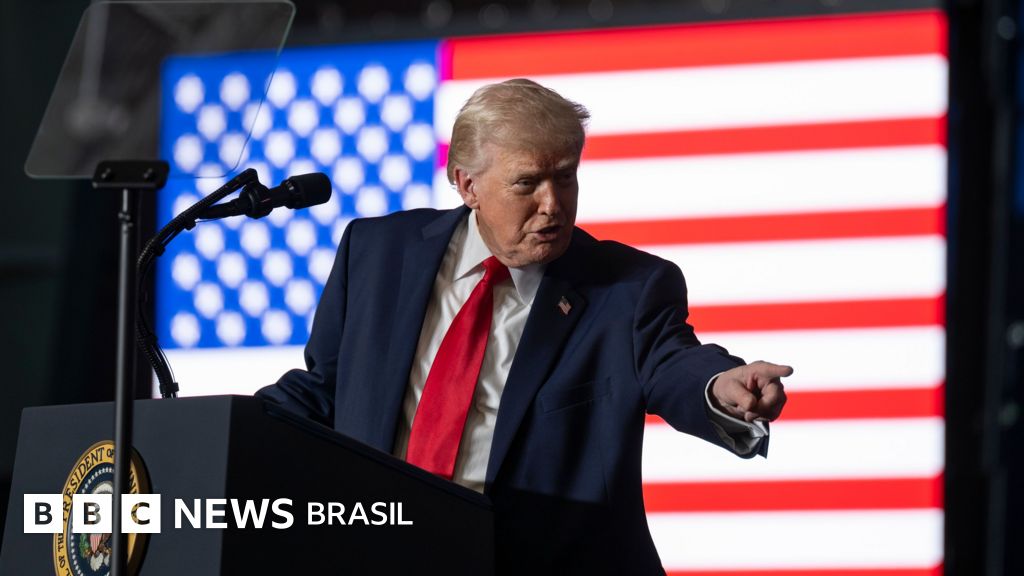
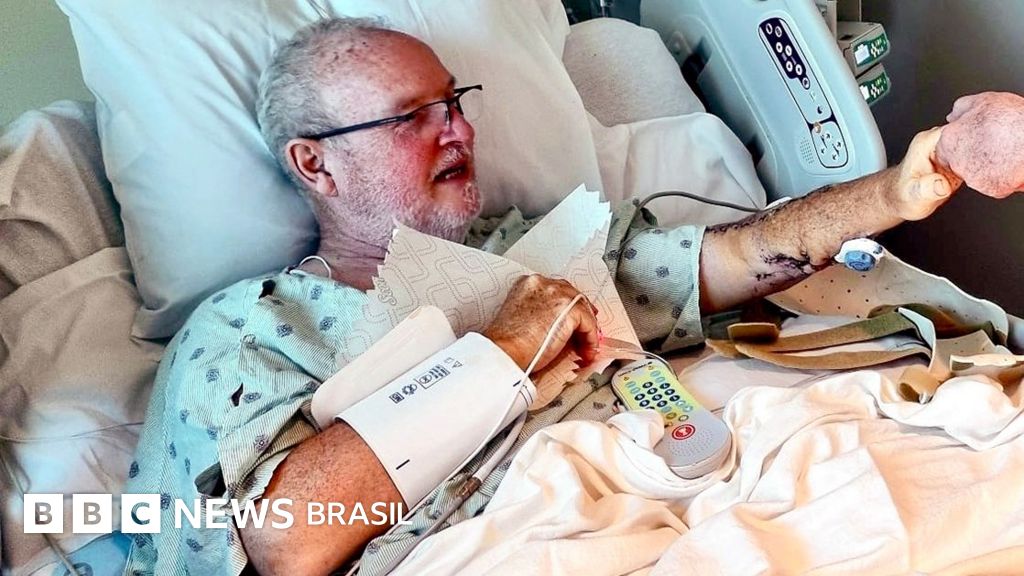
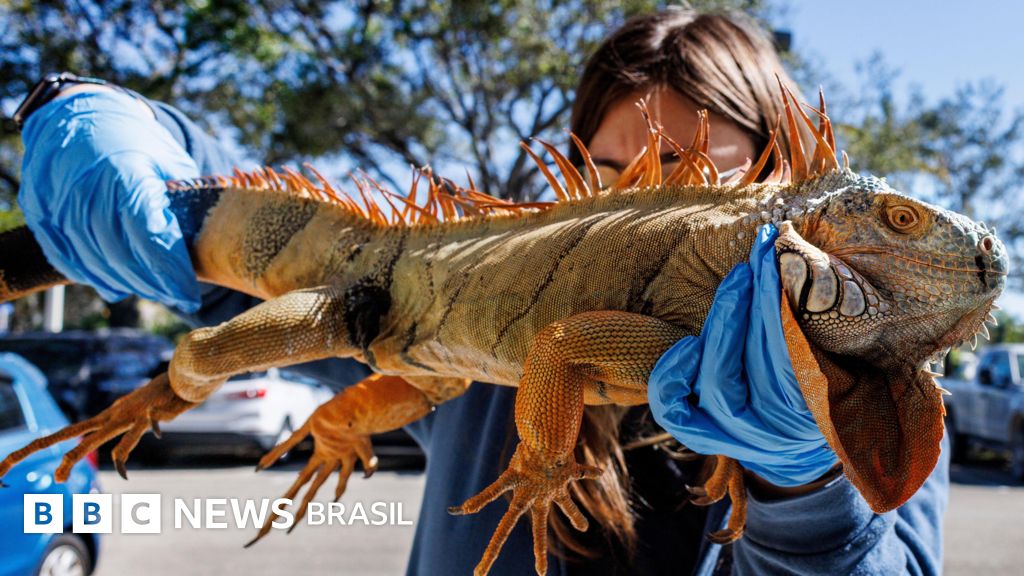
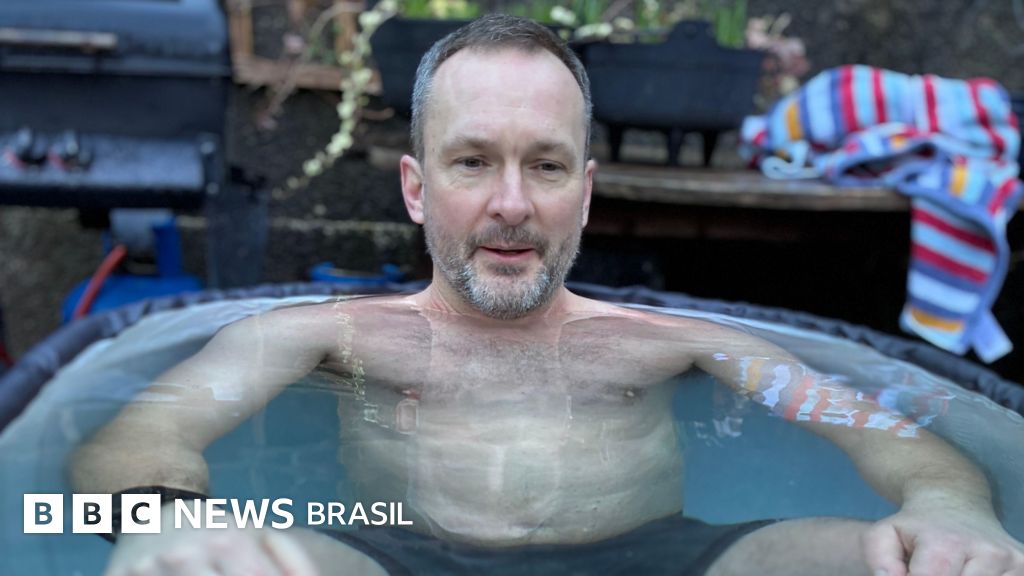
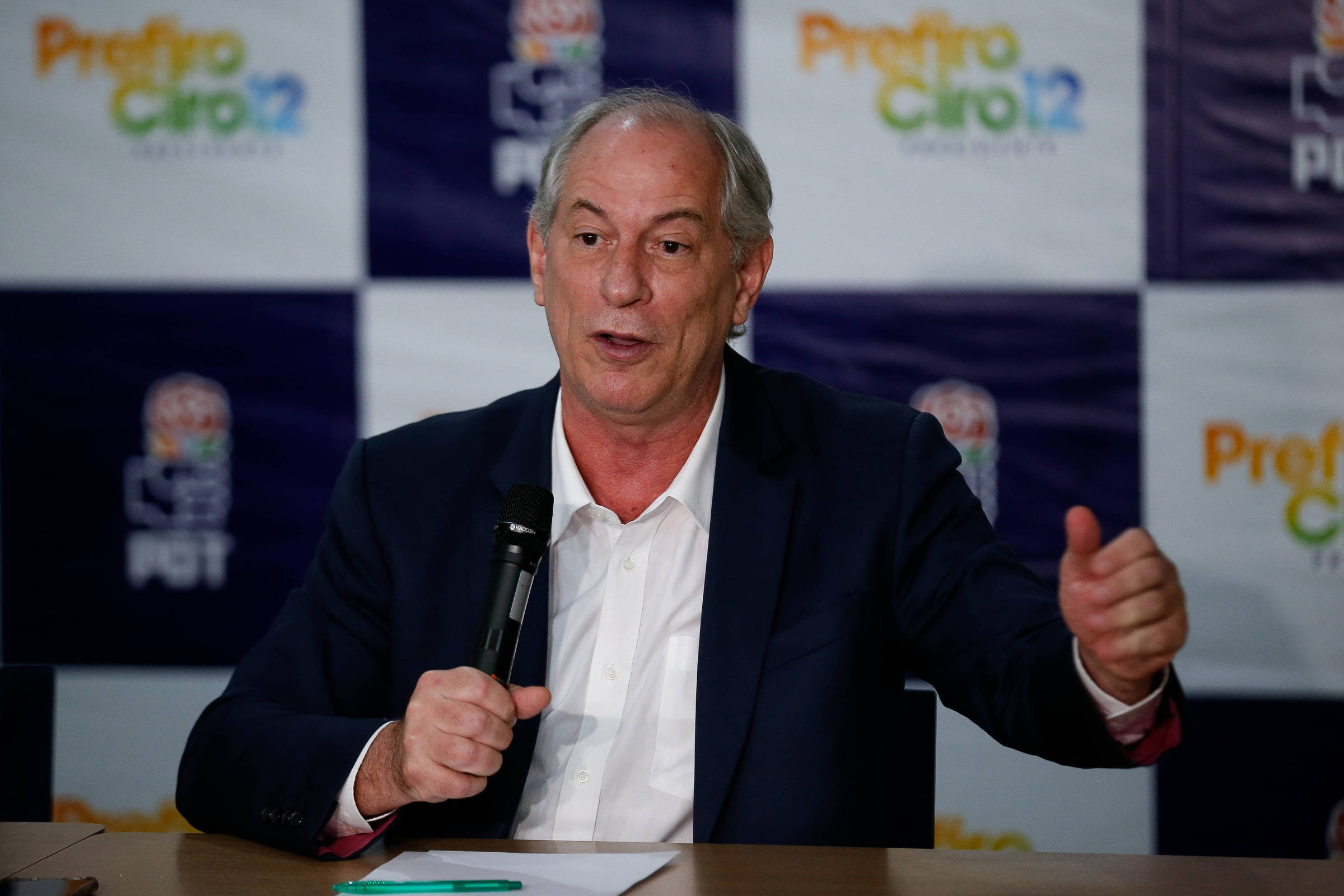

:strip_icc()/i.s3.glbimg.com/v1/AUTH_59edd422c0c84a879bd37670ae4f538a/internal_photos/bs/2023/l/g/UvNZinRh2puy1SCdeg8w/cb1b14f2-970b-4f5c-a175-75a6c34ef729.jpg)
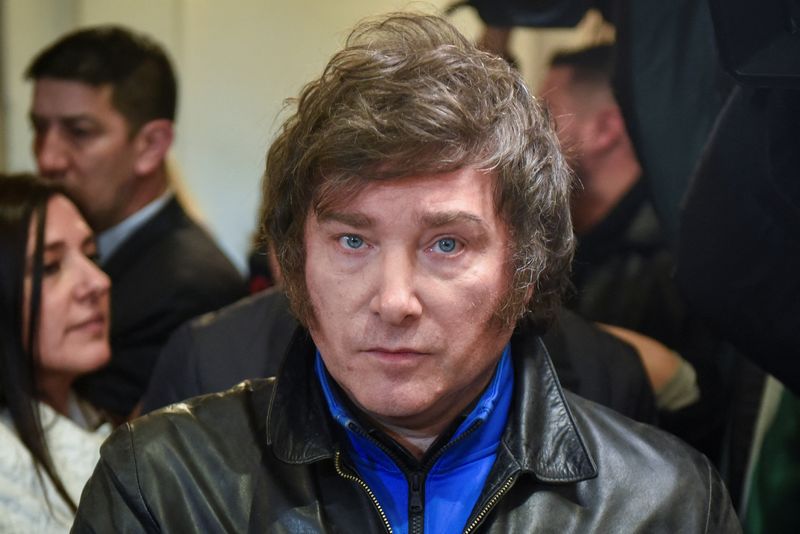
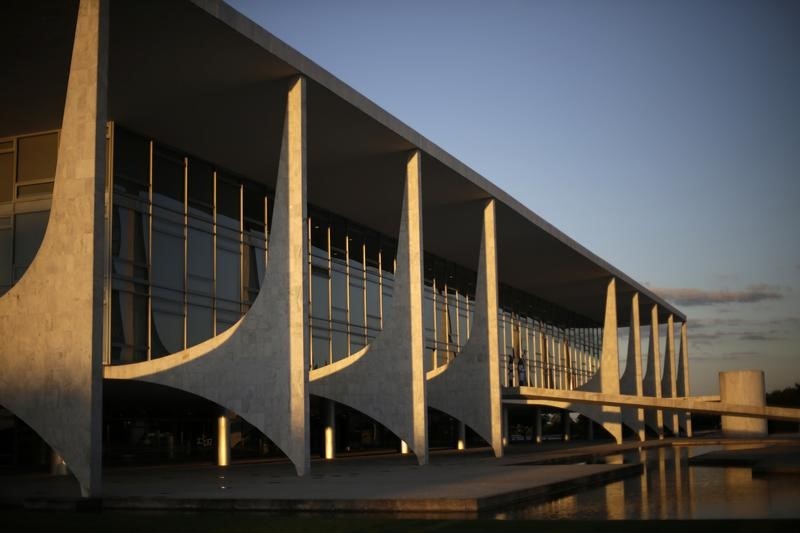
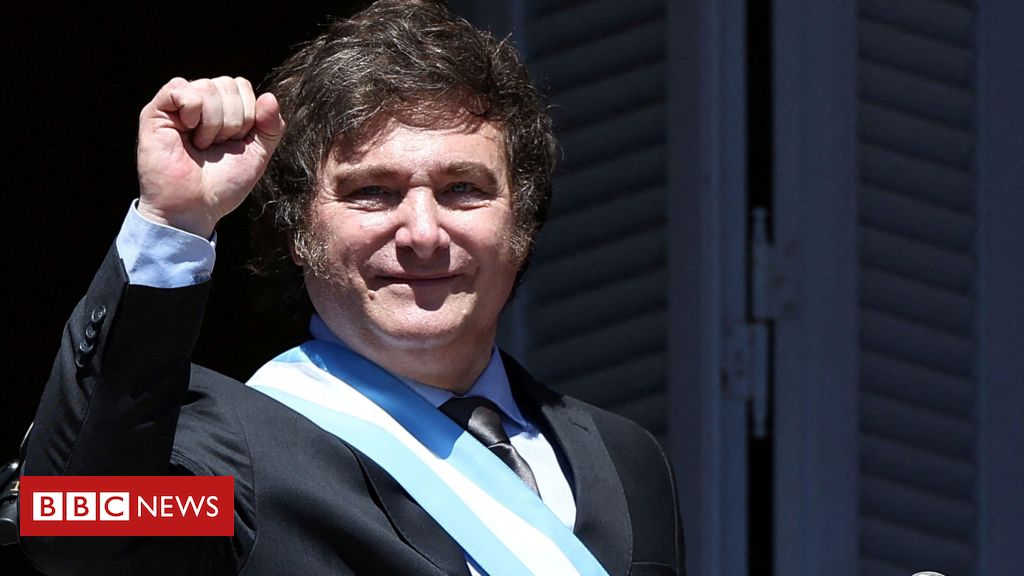
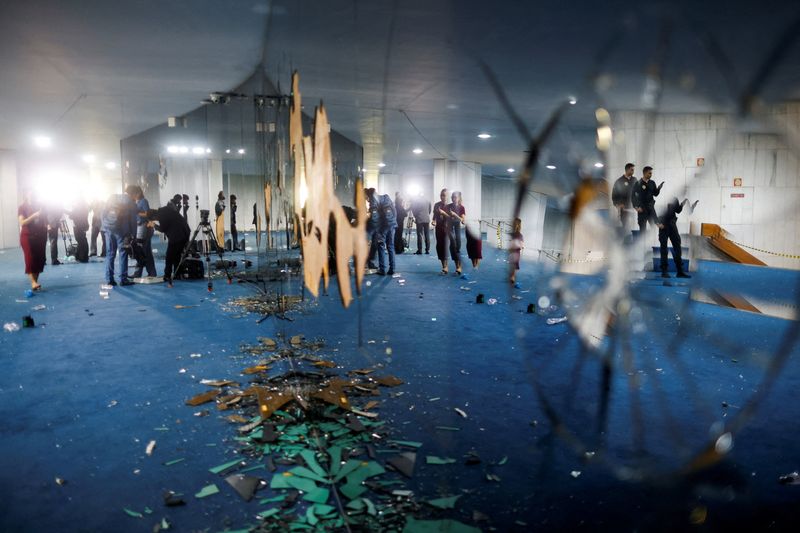
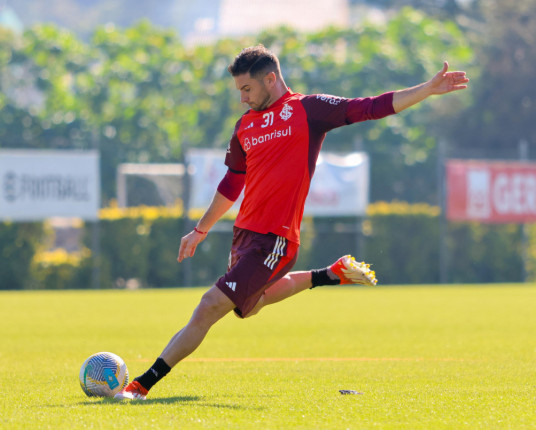
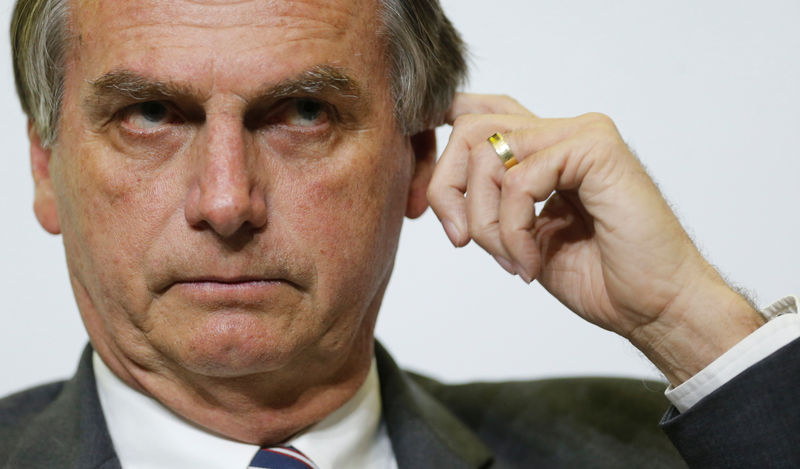
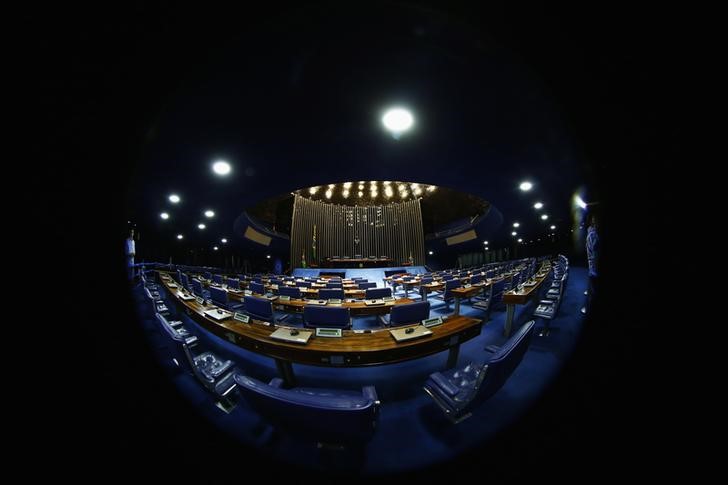
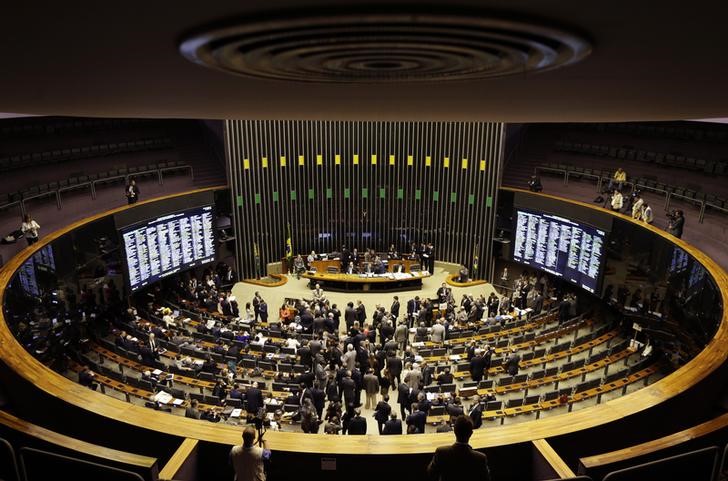


Comentários
Aproveite ao máximo as notícias fazendo login
Entrar Registro